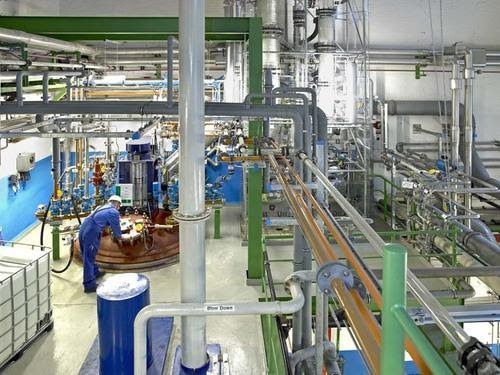Overview of Ghana Pharmaceutical Industry
Ghana is a country geographically situated between the Gulf of Guinea and the Atlantic Ocean in West Africa. Ranging over an area of 2.4 million square km and a population of approximately 30 million. The economy of Ghana is moderately driven by its industries.
Healthcare segment in Ghana
Healthcare is concentrically managed by the Government of Ghana, by its health ministry and Ghana Health Services. The network of healthcare is widely entangled and routes to the farthest villages. It is divided into five different nodes which are health posts, health centers & clinics, district hospitals, regional and tertiary hospitals. Health posts are present in villages.

According to a survey data collected for total expenditure on health accounted for 5-7 % of total GDP but there has been an increase in this spending and now it accounts for 11% which is met by in house tax collection and loans taken up from international financial institutions.
Looking at the low per capita income per person in the rural areas the government of Ghana promotes various healthcare policies for its citizens which they can avail. There is a provision for subsidy in the medicines
Scope of Pharmaceutical Companies In Ghana
The pharmaceutical industry in Ghana comprises of private as well as public players. There is a rough estimate of 2000 to 2500 registered pharmaceutical companies which caters to the need of people in villages and towns inhabited across. However, there is a huge potential of private players as these companies can define themselves in any particular process of the manufacturing process which can further supply products to drug stores or hospitals.
The established set of rules & laws are very much in favor of Pharmaceutical companies. They have the simplest guidelines to be followed for registering, licensing and advertising of products by pharmaceutical companies. Every company is in compliance with GMP(Good Manufacturing Practices) and GDP (Good Distribution Practices) regulations established by the government. One they are fulfilled, a company can easily get a license to run its operational plants in Ghana. Clinical trials and marketing & advertising are overlooked by two authorities which are Food and Drugs Board (FDB) and Medicines Regulatory Authority (MRA).
Progressive trends in pharma segment
For the past two decades, there has been a tremendous increase in the Pharma Sector in Ghana. Increased focus on better hospitals, facilities, better medicines have increased opportunistic value for key players in this industry. With the government backing the invincible healthcare infrastructure, the healthcare segment is rising towards a new dawn.
Conclusion
Although Ghana is still in the category of developing nations, it has reflected a good projection during the last two decades. For any nation, healthcare, nutrition & education are the success pillars on which it can lay its foundation for a better future. So is Ghana’s strategy. With easier laws, government support and funding, Pharmaceutical companies have a long way to explore its destiny to a brighter prospective.
















